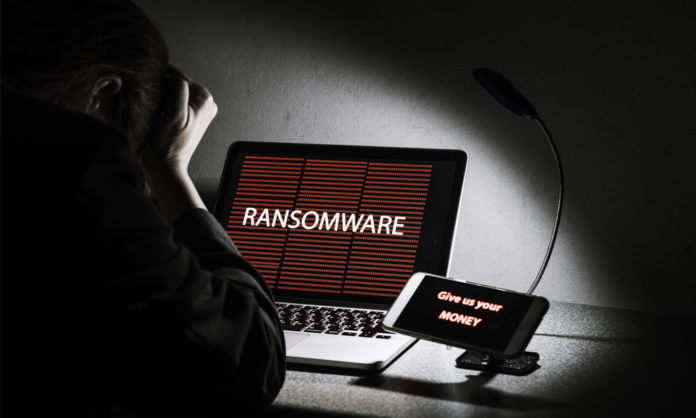

Ransomware has already shown its catastrophic effects on computer users around the world, and so Redmond based software giant Microsoft has pushed a new ‘fall’ update which will help Windows 10 OS users protect their data folders from the said dreaded malware.
Yes, you’ve read it right! Microsoft is offering a new feature to Windows 10 Defender in its “Fall Creators Update” that is designed to stop the growing form of malware from snapping more victims.
However, the ransomware protection update is restricted to only those using Win 10 and leaves behind all those who are still clinging to Windows 7, 8, 8.1, Vista and the dead & extinct Windows XP.
As per the details available to Cybersecurity Insiders, the new feature called Controlled Folder Access is being offered to Windows 10 users to prevent any program from making changes to files or folders that are set as protected.
By default, the new update when passed onto the user, locks down the Windows system folders, documents, pictures, videos, music, favorites and desktop files respectively. As this feature is highly customizable, users can make changes to the protection software as per their needs.
Users can also exclude certain apps, folders, and files and they can also deactivate the ‘Controlled Folder Access’ Feature by following below steps.
1.) Open Windows Defender Security Center
2.) Click on the Virus & Threat Protection Menu
3.) Go to Virus & Threat protection settings
4.) Scroll down to ‘Controlled Folder Access Feature’ which displays as 4th in the feature list
5.) Say yes to the popup window
6.) When the option turns ‘on’ you can then select the folders and allow app exclusions and click on them to make any changes.
Note- Think twice before adding the folders in the cloud to the cloud protection folder. Because, once you do so, you cannot save your latest edited doc to the cloud.


















